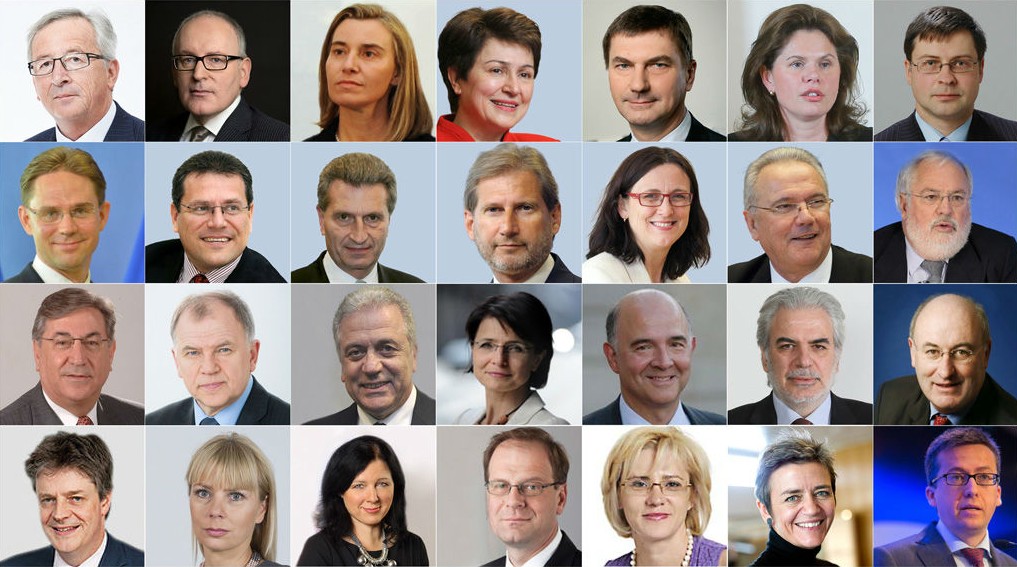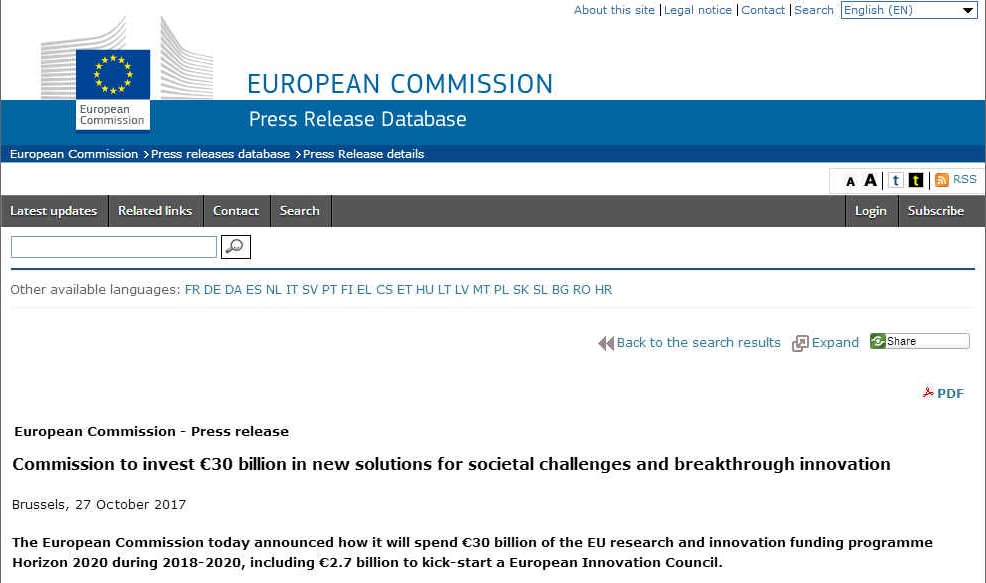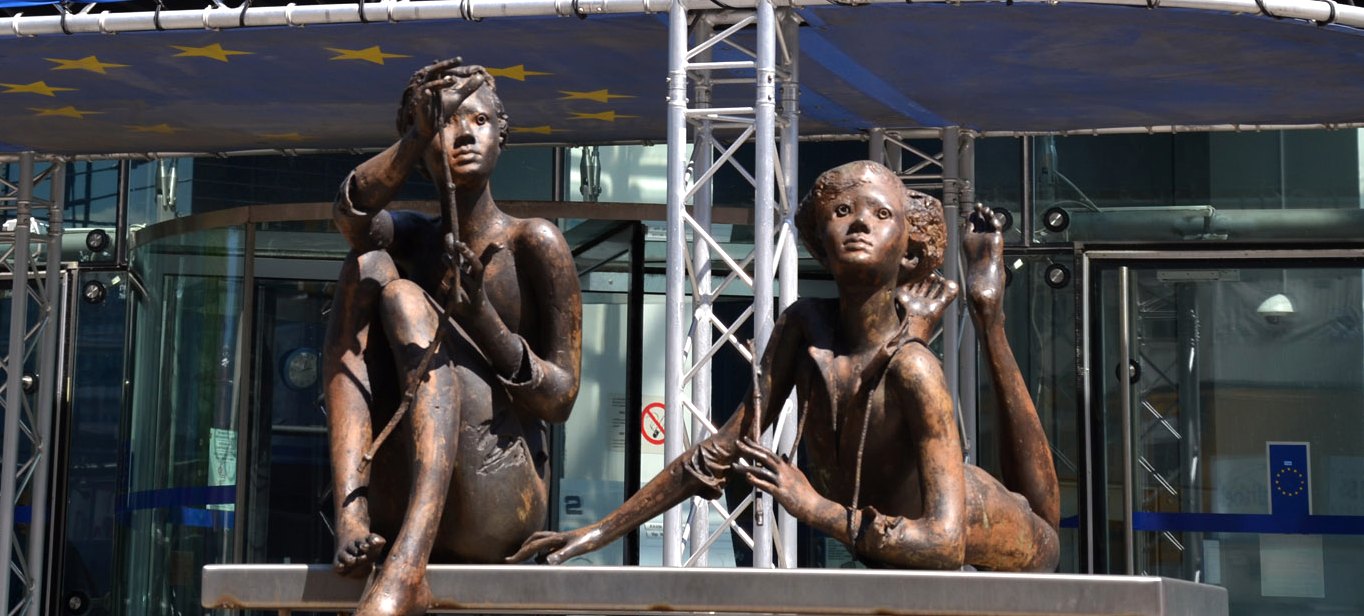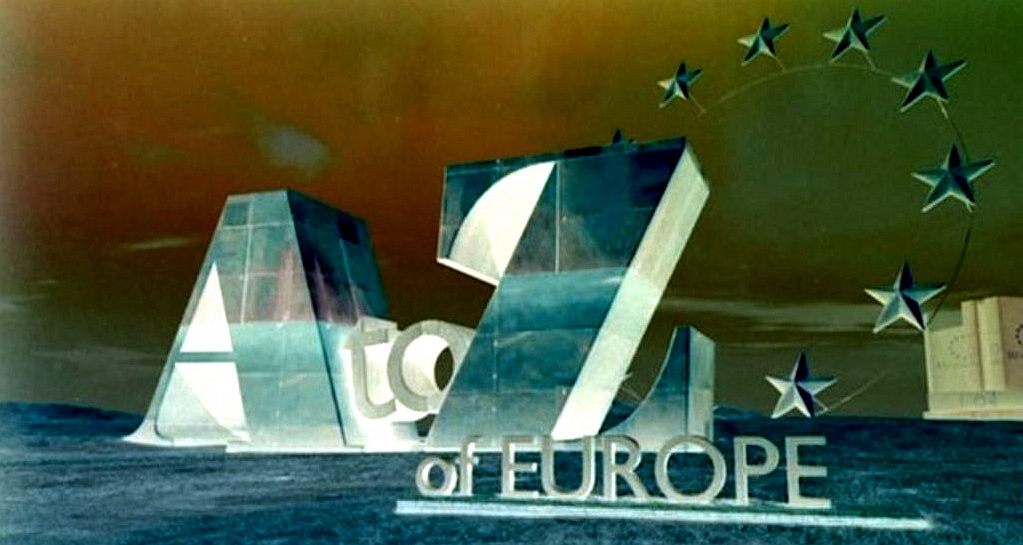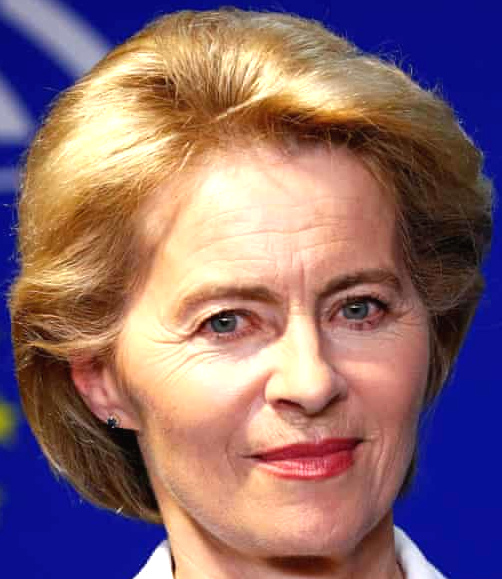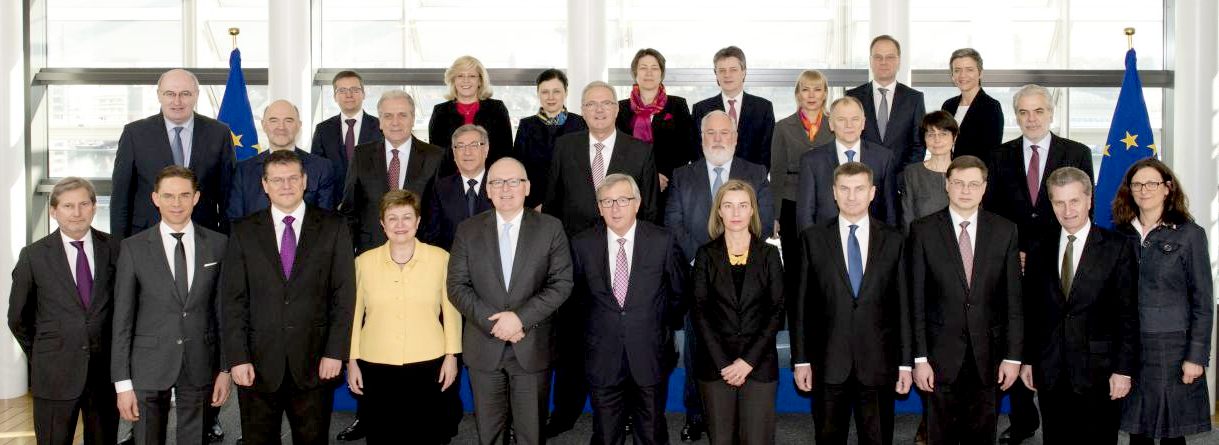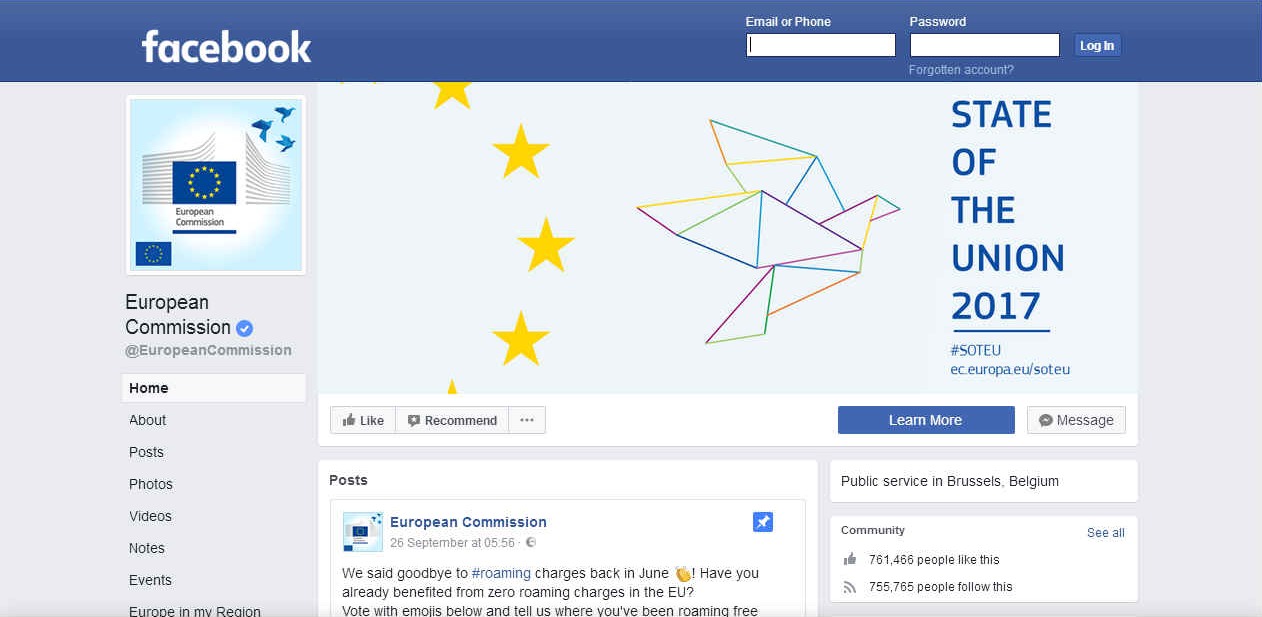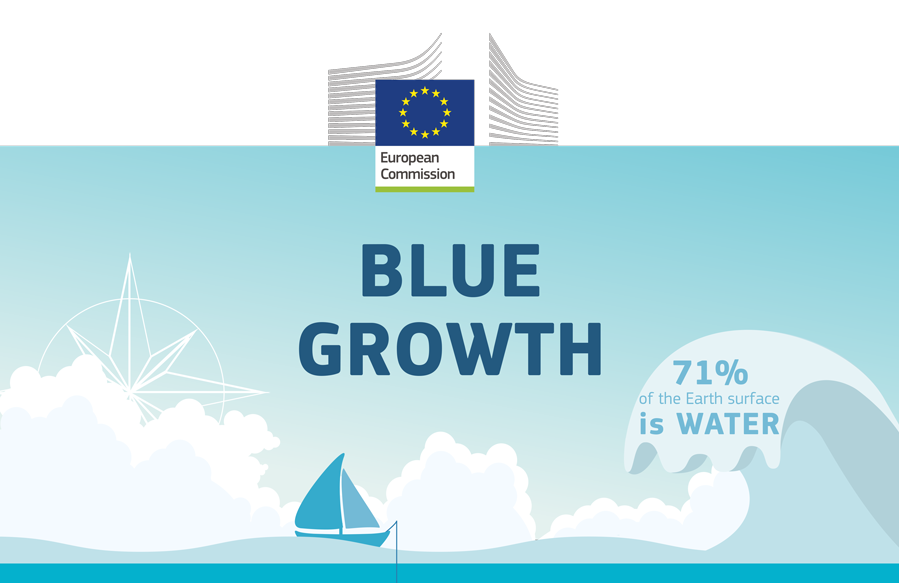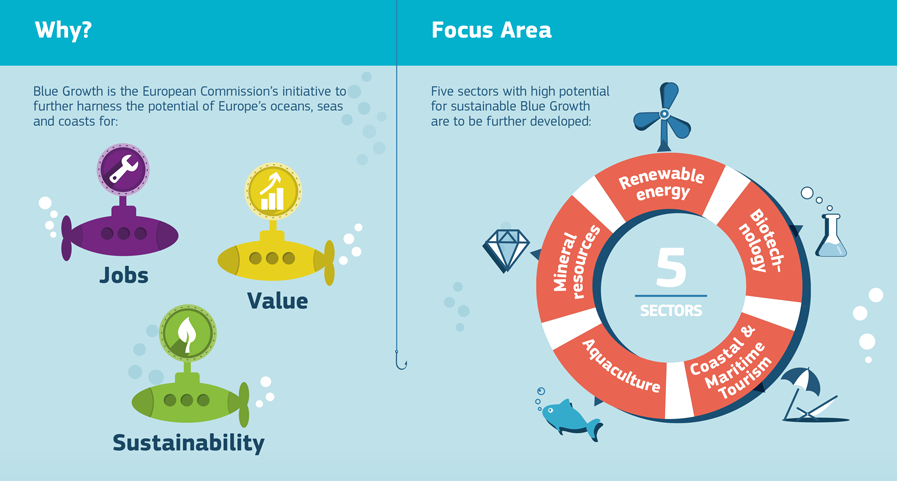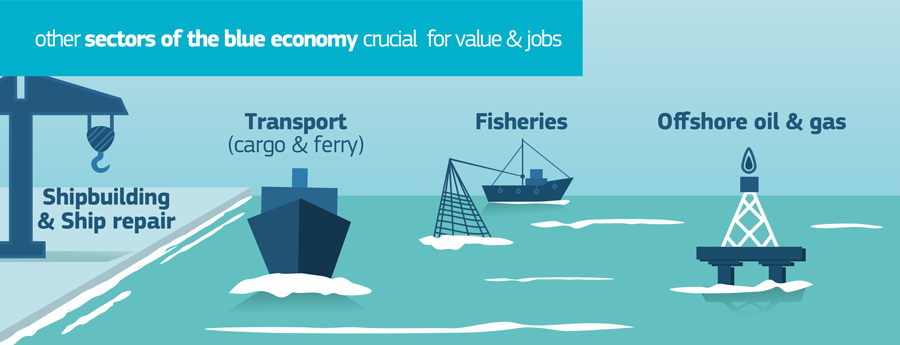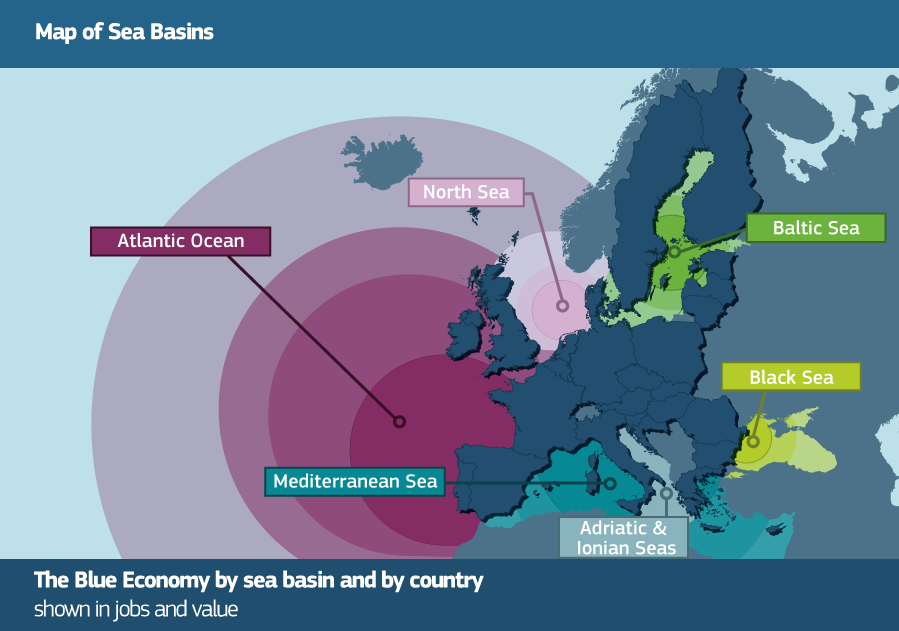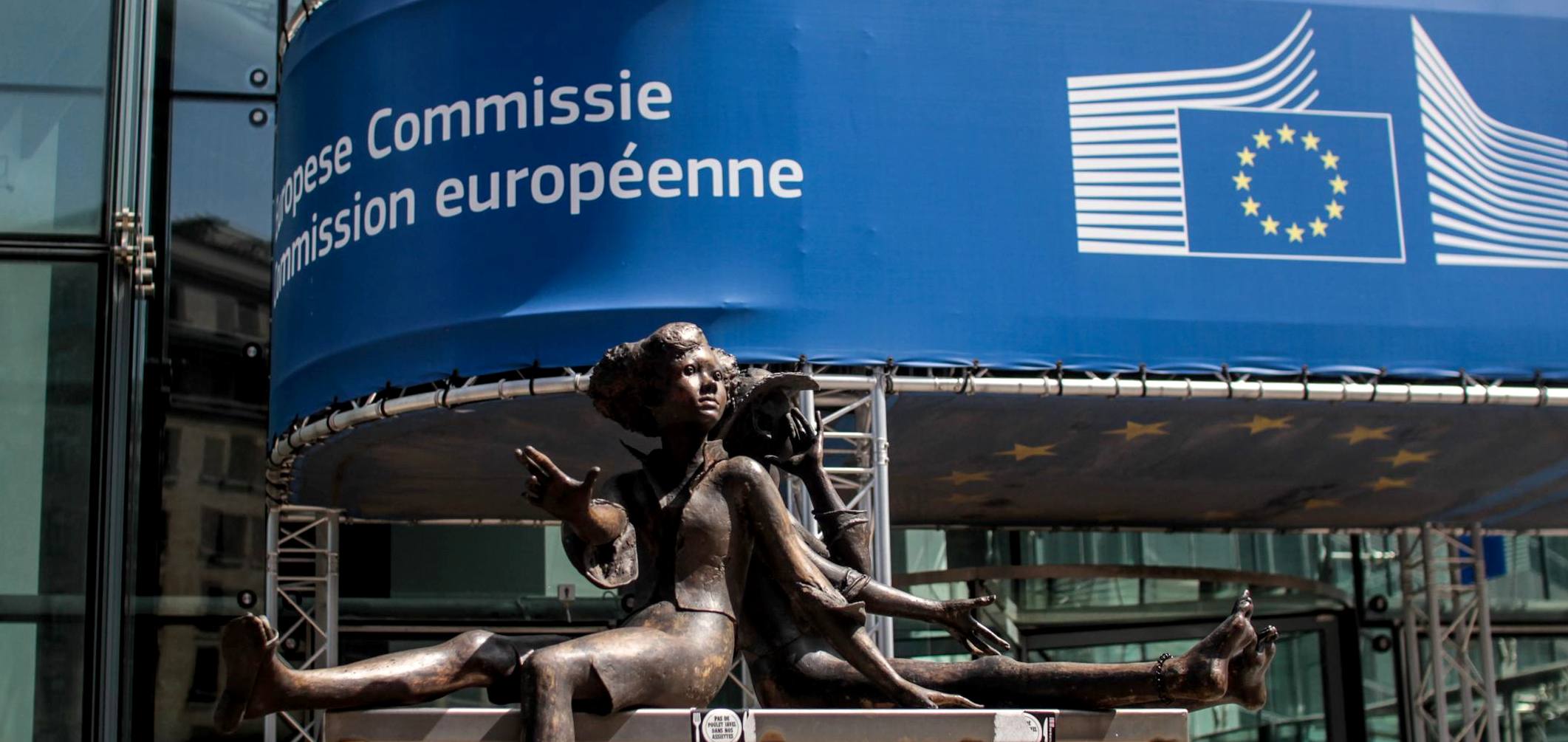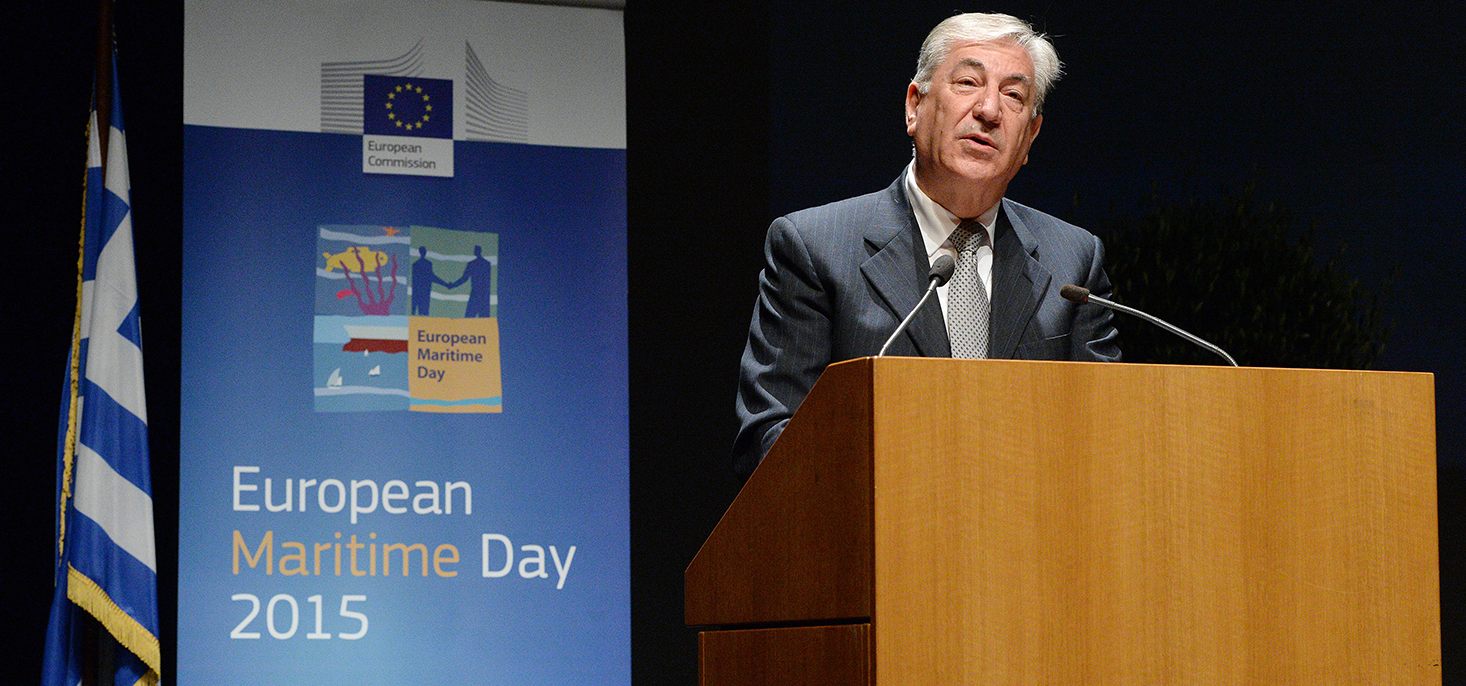|
EUROPEAN UNION COMMISSIONERS
ABOUT - CLIMATE CHANGE - FOUNDATION - HOME - OCEAN PLASTIC - UN Please use our A-Z INDEX to navigate this site
OCTOBER 2018 - BAN ON SINGLE USE PLASTICS
MEPs backed a ban on plastic cutlery and plates, cotton buds, straws, drink-stirrers and balloon sticks. The Parliament vote was backed by 571-53, the MEP responsible for the bill, Frédérique Ries, said it was "a victory for our oceans, for the environment and for future generations."
BRUSSELS 27 OCTOBER 2017 - PRESS RELEASE
According to a press release in October 2017 the Commission is to invest €30 billion in new solutions for societal challenges and breakthrough innovation.
The European Commission today announced how it will spend €30 billion of the EU research and innovation funding programme Horizon 2020 during 2018-2020, including €2.7 billion to kick-start a European Innovation Council.
Horizon 2020, the EU's €77 billion research and innovation funding programme, supports scientific excellence in Europe and has contributed to high-profile scientific breakthroughs such as the discovery of exoplanets and gravitational waves. Over the next 3 years, the Commission will seek greater impact of its research funding by focusing on fewer, but critical topics such as migration, security, climate, clean energy and digital economy. Horizon 2020 will also be more geared towards boosting breakthrough, market-creating innovation.
Carlos Moedas, Commissioner for Research, Science and Innovation, said: "Artificial Intelligence, genetics, blockchain: science is at the core of today's most promising breakthrough innovations. Europe is a world leader in science and technology and will play a major role in driving innovation. The Commission is making a concerted effort – including with the European Innovation Council which takes its first steps today – to give Europe's many innovators a springboard to become world leading companies."
Supporting
breakthrough, market-creating innovation Since the beginning of its mandate, the Juncker Commission has been working hard to give Europe's many innovative entrepreneurs every opportunity to thrive. Now, the Commission is launching the first phase of the European Innovation Council.Between 2018 and 2020, the Commission will mobilise €2.7 billion from Horizon 2020 to support high-risk, high-gain innovation to create the markets of the future. Moreover, Horizon 2020 will make better use of its "crack the challenge" prizes to deliver breakthrough technology solutions to pressing problems faced by our citizens.
Focusing
on political priorities The 2018-2020 Work Programme will focus efforts on fewer topics with bigger budgets, directly supporting the Commission's political priorities:
* A low-carbon, climate resilient future: €3.3 billion * Circular Economy: €1 billion * Digitising and transforming European industry and services: €1.7 billion * Security Union: €1 billion * Migration: €200 million
€2.2 billion will be earmarked for clean energy projects in four interrelated areas: renewables, energy efficient buildings, electro-mobility and storage solutions, including €200 million to support the development and production in Europe of the next generation of electric batteries.
Boosting 'blue sky' research
At the same time, Horizon 2020 will continue to fund 'curiosity-driven science' (often referred to as 'blue sky science' or 'frontier research'). The annual Work Programme of the European Research Council for 2018, adopted in August, will enable support for excellent researchers with nearly €1.86 billion. Marie Skłodowska-Curie Actions, which fund fellowships for researchers at all stages of their careers, receive a boost with €2.9 billion in total over three years.
Enhancing international cooperation
The new Work Programme also strengthens international cooperation in research and innovation. It will invest over €1 billion in 30 flagship initiatives in areas of mutual benefit. Examples include working with Canada on personalised medicine, with the US, Japan, South Korea, Singapore and Australia on road transport automation, with India on water challenges and with African countries on food security and renewable energies.
Spreading excellence
Between 2018 and 2020, €460 million under Horizon 2020 will be allocated specifically to supporting Member States and associated countries that do not yet participate in the programme to their full potential. The aim is to tap into the unexploited pockets of excellence in Europe and beyond. In addition, the programme also continues to promote closer synergies with the European Structural and Investment Funds.
Simplifying rules of participation further
Another novelty is the introduction of the lump-sum pilot, a new, simpler approach to providing financial support to participants. It will shift the focus of ex-ante controls from financial checks to the scientific-technical content of the projects.
Open Science
The programme marks a step change in promoting Open Science by shifting from publishing research results in scientific publications towards sharing knowledge sooner in the research process. €2 billion will be channeled to support Open Science, and €600 million will be dedicated to the European Open Science Cloud, European Data Infrastructure and High Performance Computing.
Background
Horizon 2020 is the EU's biggest ever research and innovation framework programme with a budget of €77 billion over seven years (2014-2020). While most research and innovation activities are still underway or yet to start, the programme is delivering.
Horizon 2020 researchers have contributed to major discoveries like exoplanets, the Higgs boson and gravitational waves, and at least 19 Nobel Prize winners received EU research funding prior or after their award.
As of October 2017, Horizon 2020 has in total funded more than 15 000 grants to the tune of €26.65 billion, of which almost €3.79 billion went to SMEs. The programme has also provided companies, in particular SMEs, with access to risk finance worth over €17 million under the "InnovFin - EU finance for innovators" scheme.
Furthermore,3,143 ERC Principal Investigators in host organisations and 10,176 fellows under the Marie Skłodowska-Curie Actions have received grants worth almost €4.87 billion and €2.89 billion respectively.
Simultaneous to the adoption of the Horizon 2020 Work Programme 2018-2020, the Euratom Work Programme 2018 has been adopted, investing €32 million in research into the management and disposal of radioactive waste. It will also develop a research roadmap on safe decommissioning of nuclear power plants to reduce environmental impact and costs.
For more information
MEMO: Horizon 2020 Work Programme 2018-2020 Factsheet: European Innovation Council Factsheet: migration-related research Factsheet: lump sum pilot Horizon 2020 website and calls
Some of the areas that the European Commission deal with that we are interested in are: Blue Growth, Climate Change, Ocean Energy and Marine Transport.
According to the EU's website Blue Growth is the long term strategy to support sustainable growth in the marine and maritime sectors as a whole. Seas and oceans are drivers for the European economy and have great potential for innovation and growth. It is the maritime contribution to achieving the goals of the Europe 2020 strategy for smart, sustainable and inclusive growth. The 'blue' economy represents roughly 5.4 million jobs and generates a gross added value of almost €500 billion a year. However, further growth is possible in a number of areas which are highlighted within the strategy.
The strategy consists of three components:
1. Develop sectors that have a high potential for sustainable jobs and growth, such as:
a. aquaculture (Fisheries website) d. ocean energy
2. Essential components to provide knowledge, legal certainty and security in the blue economy
a. marine knowledge to improve access to information about the sea; b. maritime spatial planning to ensure an efficient and sustainable management of activities at sea; c. integrated maritime surveillance to give authorities a better picture of what is happening at sea.
2. Sea basin strategies to ensure tailor-made measures and to foster cooperation between countries
b. Arctic Ocean d. Baltic Sea e. Black Sea g. North Sea
THE COMMISSION - Group photograph of the European Commissioners in 2017.
EUROPEAN COMMISSION - Facebook: State of the Union 2017 front page.
A-Z COMMISSIONER LISTING
Andriukaitis, Vytenis Ansip, Andrus Avramopoulos, Dimitris Bieńkowska, Elżbieta Bulc, Violeta Cañete, Miguel Arias Crețu, Corina Dombrovskis, Valdis Gabriel, Mariya Hahn, Johannes Hogan, Phil Jourová, Věra Juncker, Jean-Claude Katainen, Jyrki King, Julian Malmström, Cecilia Mimica, Neven Moedas, Carlos Mogherini, Federica Moscovici,
Pierre Oettinger,
Günther H. Stylianides, Christos Thyssen, Marianne Timmermans,
Frans
The European Maritime Day (EMD) is the annual meeting point for Europe’s maritime community to network, discuss, and forge joint action, in support of an integrated approach to maritime affairs. It is an inspiring, interactive and dynamic event with a strong focus on key European Commission priorities. The EMD event was officially created on 20 May 2008 and since then is celebrated annually across Europe on 20 May.
EUROPEAN MARITIME DAY THEMES
* Brussels 2008: "A regional approach to the implementation of Maritime Policy" * Rome 2009: "Integrated Maritime Policy and the contribution of maritime clusters" * Gijón 2010: "How to foster innovation?" * Gdansk 2011: "Maritime Policy: Putting People First" * Gothenburg 2012: "Sustainable Growth from the Oceans, Seas and Coasts" * Valletta 2013: "Coastal Development and Sustainable Maritime Tourism" * Bremen 2014: "Innovation driving Blue Growth" * Piraeus 2015: "Ports and Coasts, Gateways to Maritime Growth" * Turku 2016: "Investing in blue growth – smart and sustainable solutions" * Poole 2017: "The Future of our Seas" * Burgas 2018: Bulgaria "TBA" * Lisbon 2019: Portugal "TBA" * Cork 2020: Ireland "TBA" * Den Helder 2021: The Netherlands "TBA" * Ravenna 2022: Italy "TBA" * Brest 2023: France "TBA" * Svendborg 2024: Denmark "TBA"
The main event of any EMD is the European Maritime Day conference, held in a different region with a different theme each year. The EMD conference includes plenary sessions (with the participation of high level and key-experts), stakeholder workshops as well as B2B matchmaking meetings and an exhibition. It attracts regularly more than 1000 participants - policy-makers, maritime stakeholders, industry professionals and NGOs - from across the EU. For more information about European Maritime Day, please visit the EU's website:
EC PRESS CONTACTS: Email: lucia.caudet@ec.europa.eu Tel
+32 2 295 61 82 Victoria VON HAMMERSTEIN-GESMOLD Email: victoria.von-hammerstein-gesmold@ec.europa.eu Tel:
+32 2 295 50 40
CREATION - The European Maritime Day (EMD) was officially created on 20 May 2008 where the President of the European Parliament Hans-Gert Pöttering, Council President Janez Janša, and Commission President José Manuel Barroso signed a Joint Tripartite Declaration establishing it.
LINKS & REFERENCE
https://ec.europa.eu/maritimeaffairs/policy/blue_growth_en https://ec.europa.eu/maritimeaffairs/policy/blue_growth_en http://ec.europa.eu/maritimeaffairs/maritimeday/ https://ec.europa.eu/commission/commissioners/2014-2019_en
This website is provided on a free basis as a public information service. copyright © Cleaner Oceans Foundation Ltd (COFL) (Company No: 4674774) 2022. Solar Studios, BN271RF, United Kingdom. COFL is a charity without share capital. The names AmphiMax™, RiverVax™ and SeaVax™ are trade names used under license by COF in connection with their 'Feed The World' ocean cleaning sustainability campaign.
|
